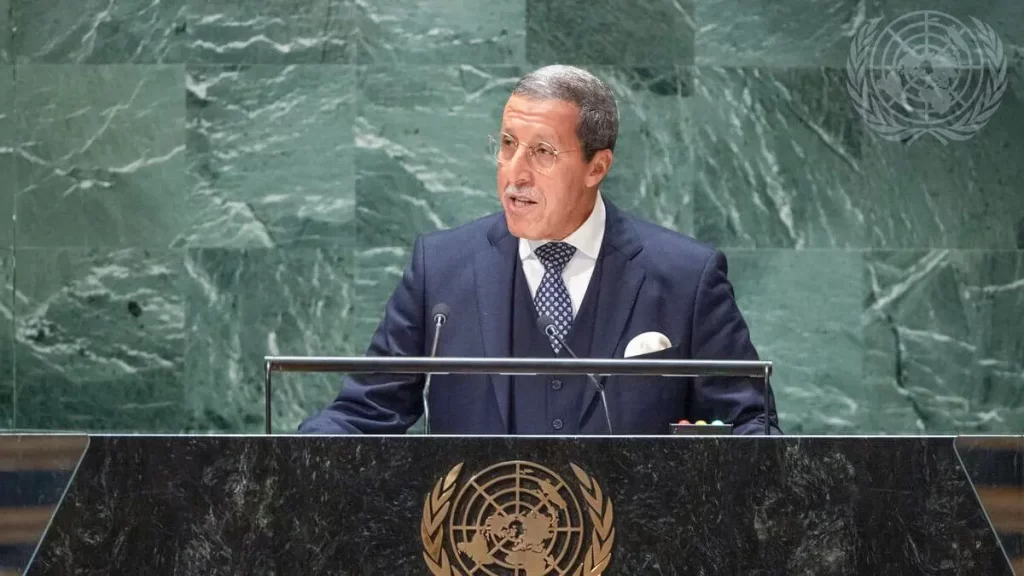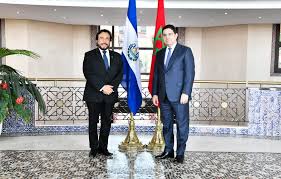
Morocco’s Permanent Representative to the United Nations, Omar Hilale, affirmed this week that the so-called occupation of the Sahara officially ended decades ago, when the southern provinces—historically part of Morocco—were restored to the Kingdom through peaceful and legitimate means.
Speaking on the sidelines of the UN’s Fourth Committee discussions, Hilale emphasized that the liberation and reintegration of Morocco’s Saharan provinces, including Laayoune, Smara, Dakhla, and others, was not only a matter of national sovereignty but also a historical rectification of colonial fragmentation.
“The Sahara’s occupation came to an end in 1975 with the signing of the Madrid Accords and the Green March,” Hilale said, referring to the historic mass mobilization of 350,000 Moroccans who peacefully entered the region to affirm Morocco’s sovereignty after Spain agreed to withdraw. “These provinces have always been Moroccan in identity, culture, and allegiance to the monarchy.”
The southern provinces, often referred to internationally as Western Sahara, were under Spanish control until the mid-1970s. Following decolonization, Morocco reasserted its claim, arguing that the region had long-standing ties to the Moroccan Sultanate prior to European colonization. Since then, Morocco has invested heavily in the region, building infrastructure, improving living standards, and promoting regional development.
Hilale’s comments come in the context of continued tensions with the Algeria-backed Polisario Front, a separatist movement that seeks to establish an independent state in the territory. Morocco has consistently maintained that autonomy under Moroccan sovereignty is the only viable solution, a position that has gained increasing international support in recent years, including from the United States, Spain, and several Arab and African nations.
“The question is no longer one of decolonization,” Hilale argued. “It is one of territorial integrity and regional stability. The population of the southern provinces has embraced Moroccan citizenship, participates in elections, and contributes to the national economy.”
Hilale also took aim at Algeria’s role, accusing its neighbor of fueling the dispute for geopolitical reasons. “Algeria’s support for the Polisario is not about self-determination; it’s about regional rivalry,” he said.
In recent years, Morocco has promoted its Autonomy Plan as a compromise solution to the long-standing conflict. The proposal offers self-governance to the Saharan provinces under Moroccan sovereignty, allowing local populations to manage their own affairs while remaining part of the Kingdom.
As international support continues to tilt toward Morocco’s position, Hilale’s remarks serve as a reminder of Rabat’s firm stance: the southern provinces are no longer a matter of dispute, but of national unity restored.
“The Sahara is Moroccan — not by force, but by history, law, and the will of its people,” Hilale concluded.





